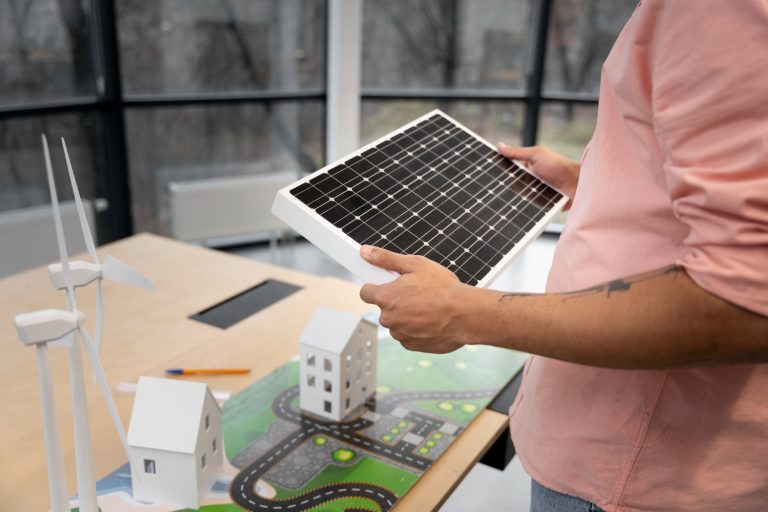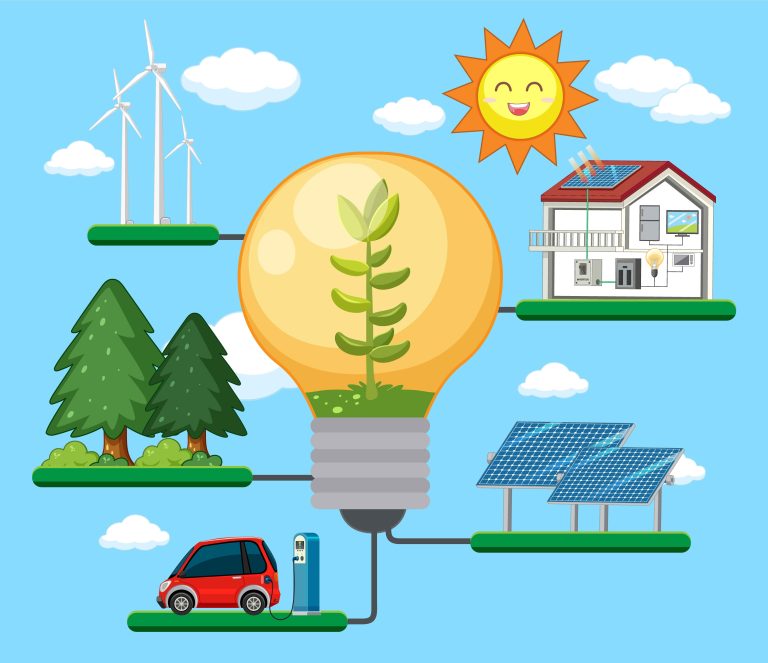As more and more businesses realize the importance of reducing their carbon footprint, the use of solar energy to power commercial properties has become increasingly popular. Not only does solar energy help businesses save money on energy costs, but it also aligns with customer and stakeholder expectations for sustainable business practices. In this article, we will explore the different types of solar solutions that businesses can use to power their properties and the advantages and disadvantages of each.
Rooftop Solar Panels
Rooftop solar panels are a common choice for businesses looking to use solar energy. These panels are installed on the roof of a commercial property and convert sunlight into electricity that can power the building. Rooftop solar panels are ideal for businesses that have ample rooftop space and want to maximize the amount of solar energy they can generate. There are three types of rooftop solar panels available: monocrystalline, polycrystalline, and thin-film solar panels. The best type for a business will depend on factors such as the size of the property, energy needs, and budget.
Solar Canopies
Another type of solar solution for businesses is solar canopies. These structures are typically installed in parking lots, outdoor spaces, or other areas of a commercial property and are designed to provide shade and shelter while also generating solar energy. Solar canopies are a great option for businesses that want to maximize the amount of solar energy they can generate without sacrificing valuable real estate. They can be customized to meet specific energy needs and designed to match the aesthetics of a property.
Solar Water Heaters
Solar water heaters are an efficient way for businesses to reduce their energy costs and carbon footprint. These systems use the sun’s energy to heat water that is then used for various applications, such as space heating or hot water for showers and sinks. The three types of solar water heaters available are flat-plate collectors, evacuated tube collectors, and heat pump systems. The best type for a business will depend on factors such as the climate, energy needs, and budget.
Ground-Mounted Solar Systems
For businesses with large properties, ground-mounted solar systems are a great option. These systems are installed on the ground and can generate large amounts of solar energy. There are three types of ground-mounted solar systems available: fixed-tilt, single-axis, and dual-axis tracking systems. The best type for a business will depend on factors such as the size of the property, energy needs, and budget.
Solar Battery Storage
Finally, solar battery storage is an essential component of any commercial solar solution. These systems are designed to store excess solar energy generated by a property’s solar panels so that it can be used later when the sun isn’t shining. The three types of solar battery storage available are lead-acid, lithium-ion, and flow batteries. The best type for a business will depend on factors such as the size of the property, energy needs, and budget.
Conclusion
There are many different types of solar solutions that businesses can use to power their commercial properties. By using solar energy, businesses can reduce their energy costs, carbon footprint, and demonstrate their commitment to sustainability. It’s important for businesses to explore the different types of solar solutions available and to consider installing them on their commercial properties. Doing so can result in cost savings and a positive impact on the environment.






